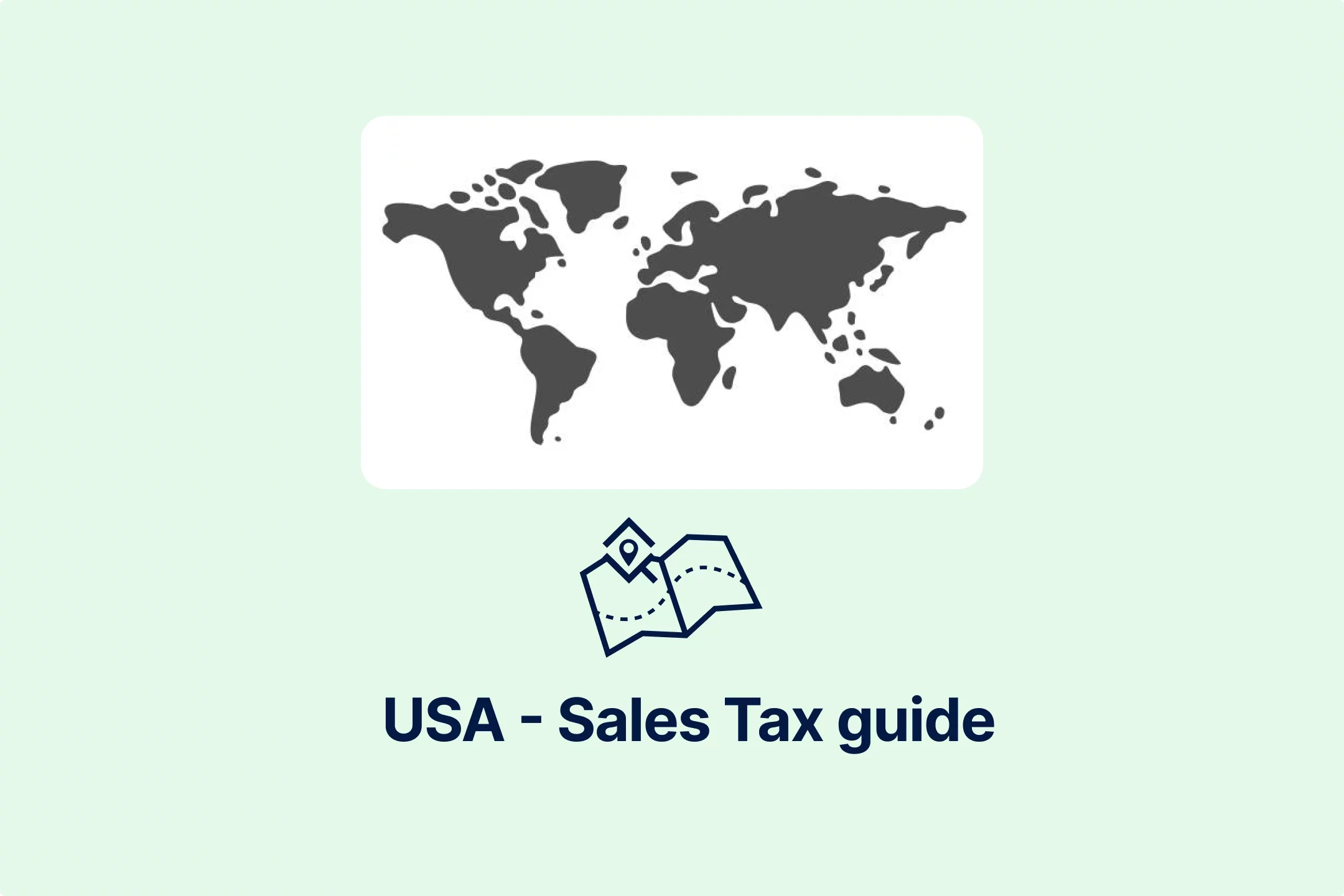Washington Rules Digital Advertiser Not a Marketplace Facilitator

The US sales tax landscape can confuse and cause uncertainty for taxpayers and businesses operating in the US market. As an additional level of complexity, every US state has its own rules and regulations and might have sales taxes at the state and local levels.
That is why state Departments of Revenue are often pressed to consider many factors when deciding on sales tax-related issues and publish their official opinion, comments, and decisions to provide much-needed clarity. In one of those processes, the Washington Department of Revenue (WDOR) published its decision in a case relating to the provision of advertising services and marketplace facilitators rules.
Facts of the Case and Impact of the Decision
The case is vital for determining who is and is not considered and treated as a marketplace facilitator. The taxpayer is a US-based company (the Company) that sells digital advertising space through its online platform. Therefore, the Company concluded that it operates as a marketplace facilitator between the sellers and buyers.
During the tax audit, WDOR found that the Company did not correctly report the gross income on its Washington sales and that it wrongly applied deduction rules. In addition, the investigation showed that the sale of digital advertising space did not include any retail sales taxes, nor did the Company collect sales tax from its clients.
Based on all findings, the WDOR adjusted the Company's returns for 2015 - 2019, together with penalties and interests, which the Company petitioned against.
In its petition, the Company argued the WDOR's decision, stating that, as the marketplace facilitator, it reported gross income correctly and applied sales tax rules.
In the appellate procedure, the WDOR determined that although the Company called its online platform “exchange,” it was not a marketplace, and the digital advertising space is equal to providing regular advertising services.
This conclusion was based on the fact that the Company purchases the ad space on the websites and pays based on how many people see the ads. The ads target specific people based on the data collected over time. The data collected, and the number of visitors help the Company determine how effective the ads are for the clients. Therefore, the leading service places advertisements that are likely to interest people, which helps generate leads and advises on the best advertising strategies.
As the Company did not have contracts with sellers to sell their products but only offered advertising services for product sales, the WDOR concluded that the Company could not be a marketplace facilitator. For this reason, the WDOR denied the Company's petition and confirmed the initial decision.
Conclusion
Although this case does not directly correlate with sales tax, the WDOR's reasoning is essential for any similar situation, clarifying what constitutes a marketplace facilitator. Since marketplace facilitators are affected mainly by the sales tax rules, this decision provides more certainty when interpreting State of Washington legislation.
Source: PwC, Washington Department of Revenue

Featured Insights

Burkina Faso FEC E-Invoicing Mandatory July 2026
🕝 February 24, 2026More News from Americas
Get real-time updates and developments from around the world, keeping you informed and prepared.

South Carolina Sales and Use Tax: Rates, Nexus, Exemptions

Arkansas Sales and Use Tax: Rules, Rates & Nexus Explained

Minnesota Sales and Use Tax Guide: Rates, Nexus & Exemptions

Peru VAT Rules for Non-Resident Digital Services: Filing & Compliance

Detroit to Accept Cryptocurrency Payments for Taxes in 2025

-e9lcpxl5nq.webp)










-fd4vrjrcmo.webp)















-qoqtiao7l2.webp)

-pdupgqz2r8.webp)






-o0xyg5unvs.webp)







-sebuexzucq.webp)







-sug7vykj81.webp)







-gsvc6ack9u.webp)







-xsarn0aogt.webp)

-hcel6azmgf.webp)



-p6e3ovhdh3.webp)


-fbovkq9h8b.webp)
-pofe7ucwz3.webp)


-d3qhimei1d.webp)






-nilkffjhah.webp)












-xbhr0m4jsb.webp)


-ae6fi6cjox.webp)
















-b0fpsws1w1.webp)






















-x78wuofpzj.webp)



















-b44f1vjl1i.webp)



-priw8nq5xc.webp)
-8bkw2pujxu.webp)


.png)
.png)




.png)













































